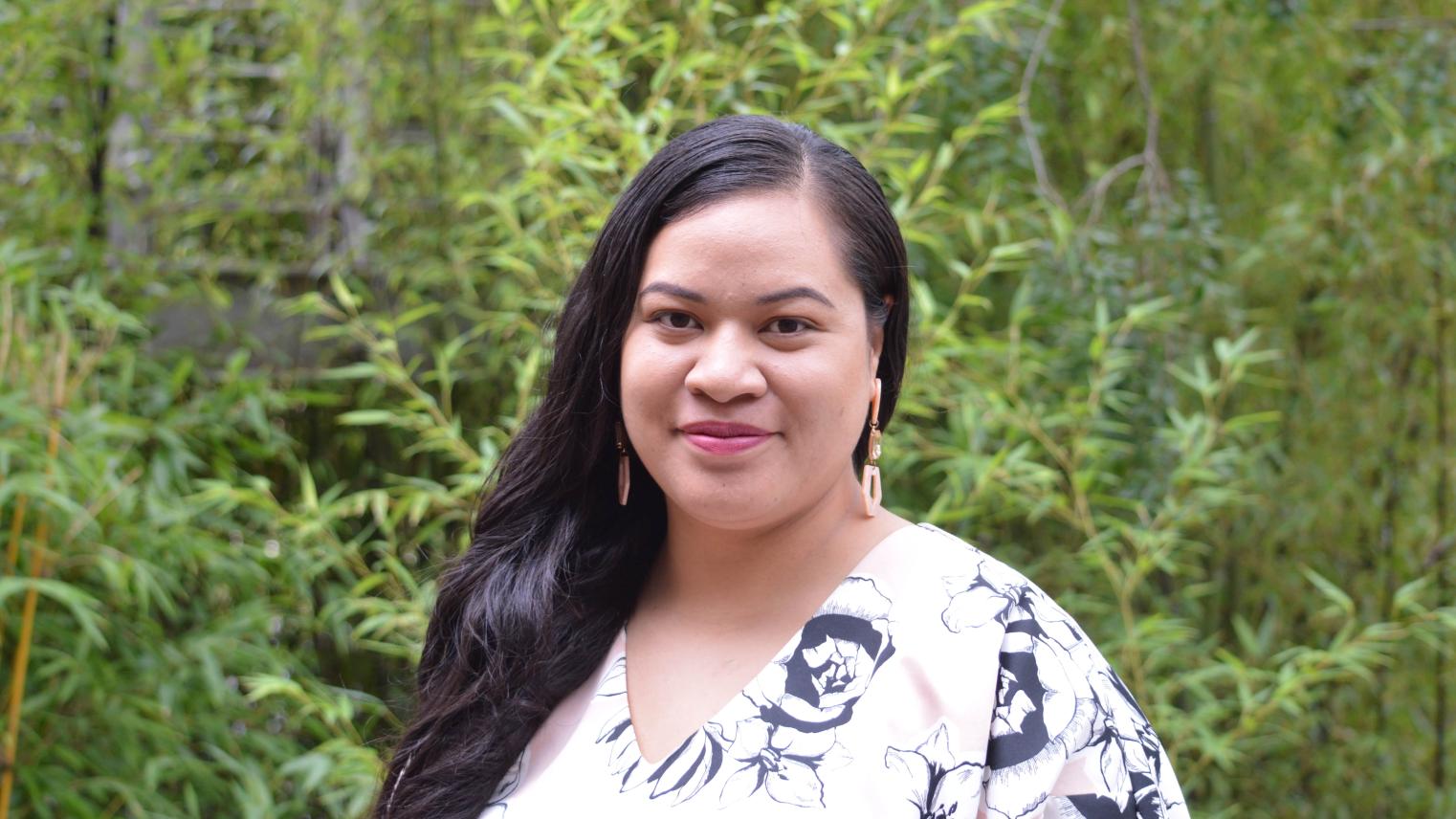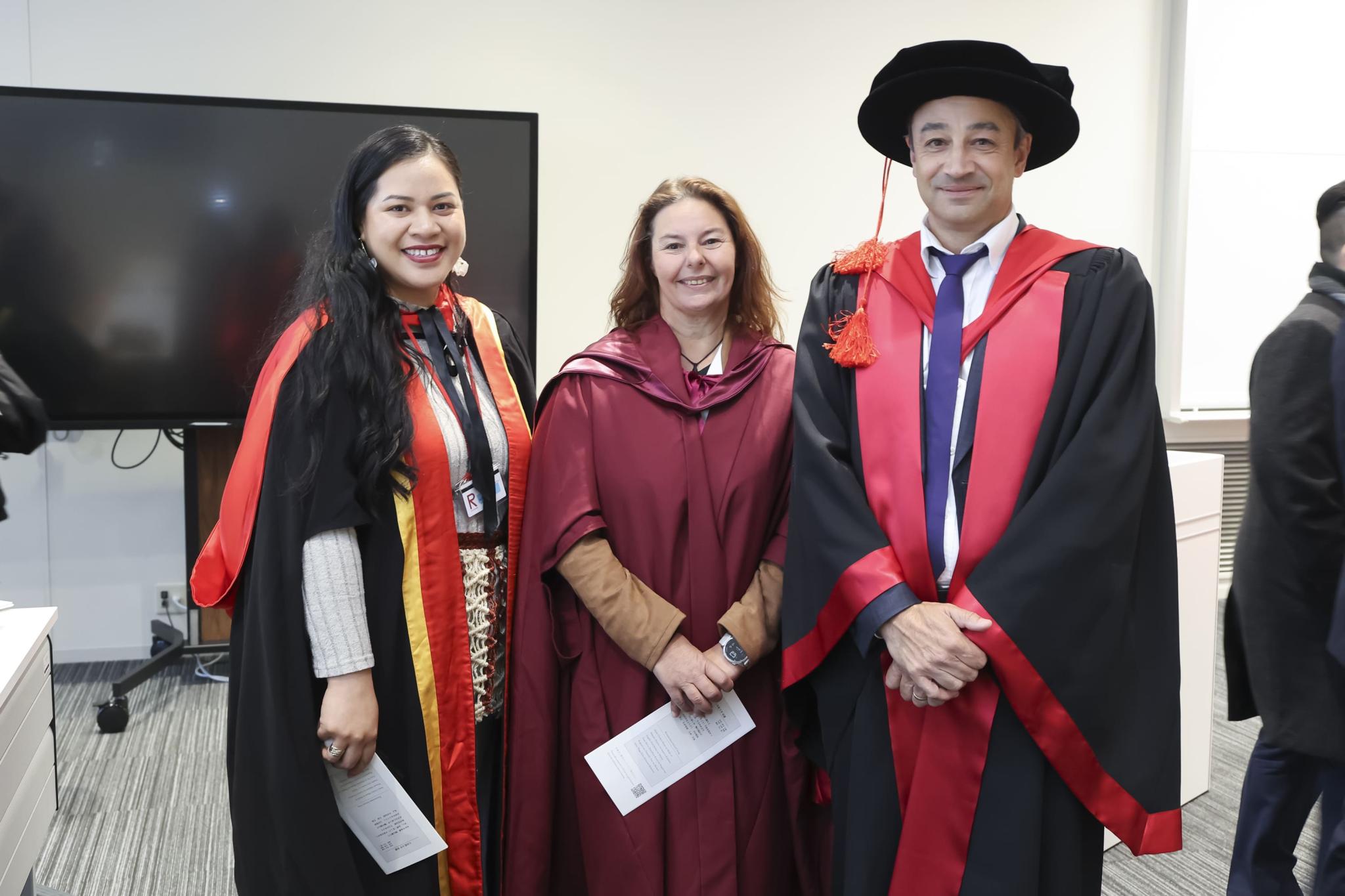Imagine being offered the opportunity to lecture abroad in a country you've never been to before, where the primary language isn't English. The thought of traveling to Japan for the first time invoked a sense of nervousness, yet it also offered a moment of deep reflection on the experiences of my ancestors. In the early 1980s, my family made a significant migration from Tonga to New Zealand—a transition from a place of familiarity to a foreign land. Although undoubtedly daunting, they understood that this journey was for a greater purpose, one that would create long-lasting benefits for future generations. Today, I see the fruits of their labour and realise that, like them, I too have the privilege of contributing to a broader, intergenerational legacy. While the circumstances differ, the long-term impact of contributing to students’ lifelong learning, both academically and personally, is a benefit that I deeply appreciate and cherish.
Four days after my arrival, it was time to attend the Ritsumeikan University (RU) Graduation Ceremony 2025. RU is the first in Japan to offer a dual degree program: a Bachelor of Global Liberal Arts and a Bachelor in Asia Pacific Affairs (BAPA) offered by the College of Global Liberal Arts (GLA) and the College of Asia Pacific, Australian National University (ANU). Dr Christopher Hobson, the convenor of the BAPA program encouraged me to attend the main graduation before attending the GLA ceremony and Ms Satomi Ono whom I’m grateful for was very helpful with settling into the country and the university. I was both nervous and excited!
First Time in Japan: A Journey of Relationality at Ritsumeikan University Graduation 2025


I was thankful to have attended the main graduation ceremony with Dr Rochelle Bailey (previous BAPA course convenor, Department of Pacific Affairs (DPA), ANU). The graduation was awe-inspiring, with graduates donning beautiful traditional kimono. Conducted in Japanese, the sentiments shared by the President of RU were aligned with the university’s 125-year-old philosophy of "freedom and innovation" and "peace and democracy," inspiring the graduates to apply and utilise the knowledge and skills gained throughout their studies in the next chapter of their life. The GLA ceremony was attended by ANU colleagues including Associate Professor Julien Barbara (Director, Coral Bell School of Asia Pacific Affairs) and Dr Rochelle Bailey who both flew from Canberra to Japan especially for the ceremony.
The sentiments shared by the Dean of the College of GLA, Professor Ichiro Maekawa reminded the graduates that having successfully endured their studies amid the global pandemic, they will be well-equipped to face future challenges they may encounter in the real world. The resiliency and strength shown in successfully completing their dual degree will be with them beyond their university study.
The ceremony was a deeply moving experience and it was refreshing to hear sentiments aligned with the notion; ‘it takes a village to raise a child’. Professor Maekawa reminded the graduates to never forget their loved ones who have supported their journey, particularly their parents.Like Pacific culture(s), the Japanese culture is highly family oriented, and I resonated with such sentiments. After hearing his speech, I was moved to operate from a place of relationality and connectivity where our shared family values were the common space that helped me relate to my fellow Japanese colleagues and students.

In all honesty, when I first embarked on this journey, I was overwhelmed by the thought of being far from my loved ones. As a transnational Tongan—born and raised in New Zealand, living in Australia, and now residing in Japan—I have come to deeply appreciate my cultural roots and the support I have received throughout my life. Attending RU’s graduation ceremony served as a powerful reminder of the importance of gratitude for my loved ones, as well as the need to foster connections based on shared values. This approach not only strengthens my own sense of belonging in a unique environment but also reinforces the partnership between RU and ANU, creating a space for mutual learning and growth.
This journey is just the beginning, and I am profoundly grateful for the opportunity to contribute to the educational and academic development of students abroad. I look forward to the experiences that lie ahead, embracing the lessons I will continue to learn from both my unique environment and the connections I make along the way. Ultimately, this experience reinforces the importance of humility, gratitude, and acceptance as we navigate unfamiliar paths, knowing that the relationships we build and the values we uphold will guide us towards a brighter future.
Dr Gemma Melvena Malungahu is a Tongan Research Fellow with the Department of Pacific Affairs (DPA). Her background is in health sciences, public health and qualitative research.